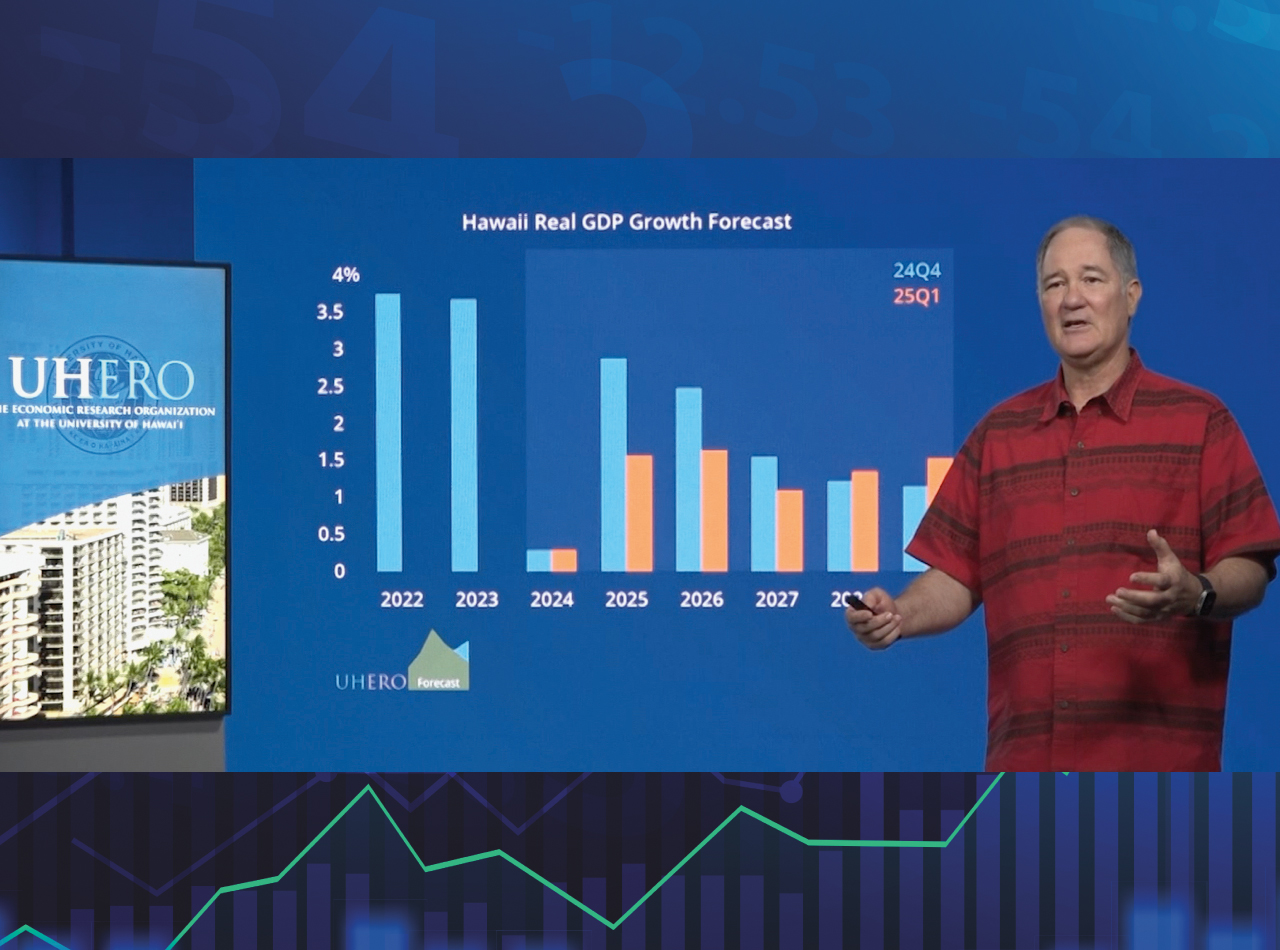The cost of living in the United States has skyrocketed over the last few years, with the Consumer Price Index rising a staggering 500 percent since 1970, while average wages have only increased
80 percent, according to Consumer Affairs magazine.
Now, the government is taking action to reassess disparities and implement changes in attempts to make living more affordable. On April 23, the U.S. Department of Labor (DOL) announced revisions to Section 13(a)(1) of the Fair Labor Standards Act (FLSA), modifying overtime and minimum wage exemptions for executive, administrative and professional employees as of July 1.
SIMPLIFYING THE TERMS
Section 13(a)(1) of the FLSA “exempts from both minimum wage and overtime pay protections bona fide executive, administrative, professional and outside sales employees,” according to the DOL.
What exactly does that mean? On July 1, the salary threshold exempting individuals who perform “white-collar” tasks from federal overtime pay requirements will rise from $35,568 to $43,888 for standard salaries, and from $107,432 to $132,964 for highly compensated employees.
This is to lessen the compensation gap between salaried workers, who don’t receive overtime pay despite working over 40 hours per week, and hourly workers.

“Too often, lower-paid salaried workers are doing the same job as their hourly counterparts but are spending more time away from their families for no additional pay,” Acting Secretary of Labor Julie Su said in a news release regarding the changes. “That is unacceptable. The Biden-Harris administration is following through on our promise to raise the bar for workers who help lay the foundation for our economic prosperity.”
The salary threshold will increase again on Jan. 1, 2025 to $58,656 for standard salaries and $151,164 for highly
compensated employees, and again on July 1, 2027, to an unspecified amount.
From then on, the threshold will be adjusted every three years based on available data and the methodology used to determine salary levels.
WHAT IT MEANS FOR EMPLOYERS
The biggest issue employers will have to consider is reclassification of their workers. For employees who fall between the $35,568 to $43,888 salary range, companies will have to decide if they want to pay the appropriate overtime amounts or give employees raises to match the exemption.
Employers must be aware of the job description of each employee, as well as the tasks they perform on a daily basis. Some salaried workers’ duties may not fall under the “white-collar” category, thus making them a candidate for wage reclassification.

“This rule is about the usual duties workers perform, not individual job titles,” says Building Industry Association (BIA) of Hawaii CEO Roseann Freitas. “A good rule of thumb for the construction industry is that employers should review the duties and pay for employees who do not perform manual labor.”
In such cases, companies need to have information and procedures prepared for a smooth transition, such as stricter timekeeping initiatives, overtime restrictions and addressing employee concerns.
Aside from reclassification considerations, companies will also need to alter their worker compensation budget that accurately reflects possible increases in salary or overtime expenses.
PUBLIC RECEPTION
The new ruling has been met with caution and uncertainty, as many businesses are still learning the terms and adjusting the proper systems needed to adhere to the updated regulation.
“We are getting more questions about who the new rule applies to and how,” Freitas says. “The initial salary level increases on July 1, then increases again on Jan. 1, 2025, at which time we will be able to evaluate how builders are complying with the rule and what tradeoffs they had to make.”
Legal action is also taking place as business groups claim the DOL went beyond its statutory jurisdiction and violated the Administrative Procedures Act. BIA says the National Associaton of Home Builders joined the coalition against new overtime regulations in order “to prevent DOL from exempting itself from the notice and comment process, which would establish a dangerous precedent for other executive agencies.”
Although the regulations present difficulties for contracting companies, Hawai‘i businesses seem to be safe as eligible employees are generally already paid above the new threshold, according to local construction litigator Sarah Love.
Other groups and contracting companies have shared similar sentiments, stating the new law won’t significantly affect their employees and/or payroll.
“The Hawaii Regional Council of Carpenters does not foresee the new FLSA salary/overtime law having any impact on our 6,000 members,” Pacific Resource Partnership Hawaii says.




